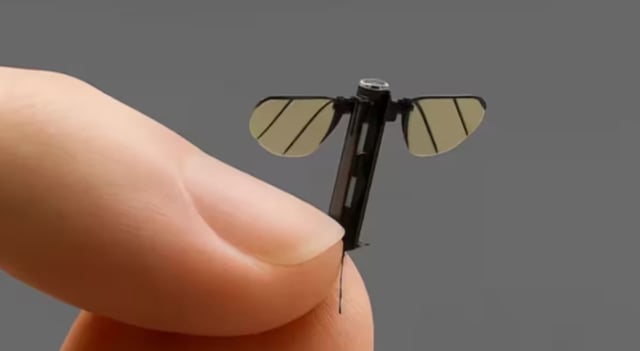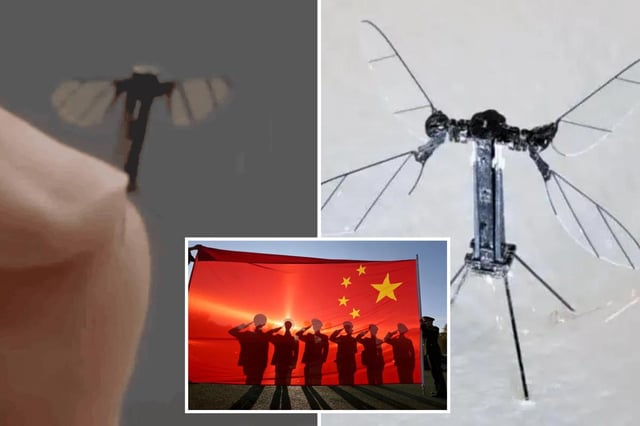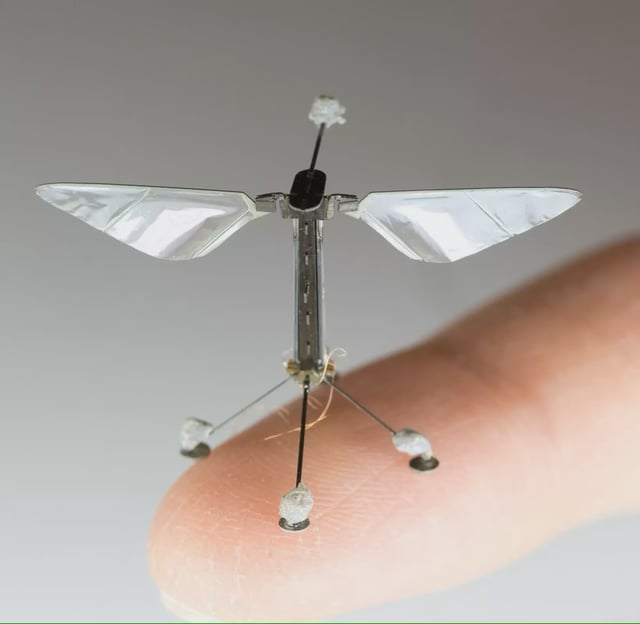Overview
- Unveiled June 24 by China’s National University of Defense Technology, the robot mimics a mosquito at just 1.3–2 cm long, 3 cm wide and under 0.3 g.
- It features bionic wings, miniature cameras and smartphone control to slip past radar and penetrate confined spaces.
- Analysts note its tiny batteries and limited sensor payload cap its flight range and endurance, requiring frequent recharging and redeployment.
- Researchers warn that its near-invisibility and indoor access heighten risks of covert eavesdropping and unauthorized surveillance.
- The launch follows global microrobotics efforts from Harvard’s RoboBee to Norway’s Black Hornet and aligns with China’s broader drone swarming projects, such as the Jiu Tian carrier.



